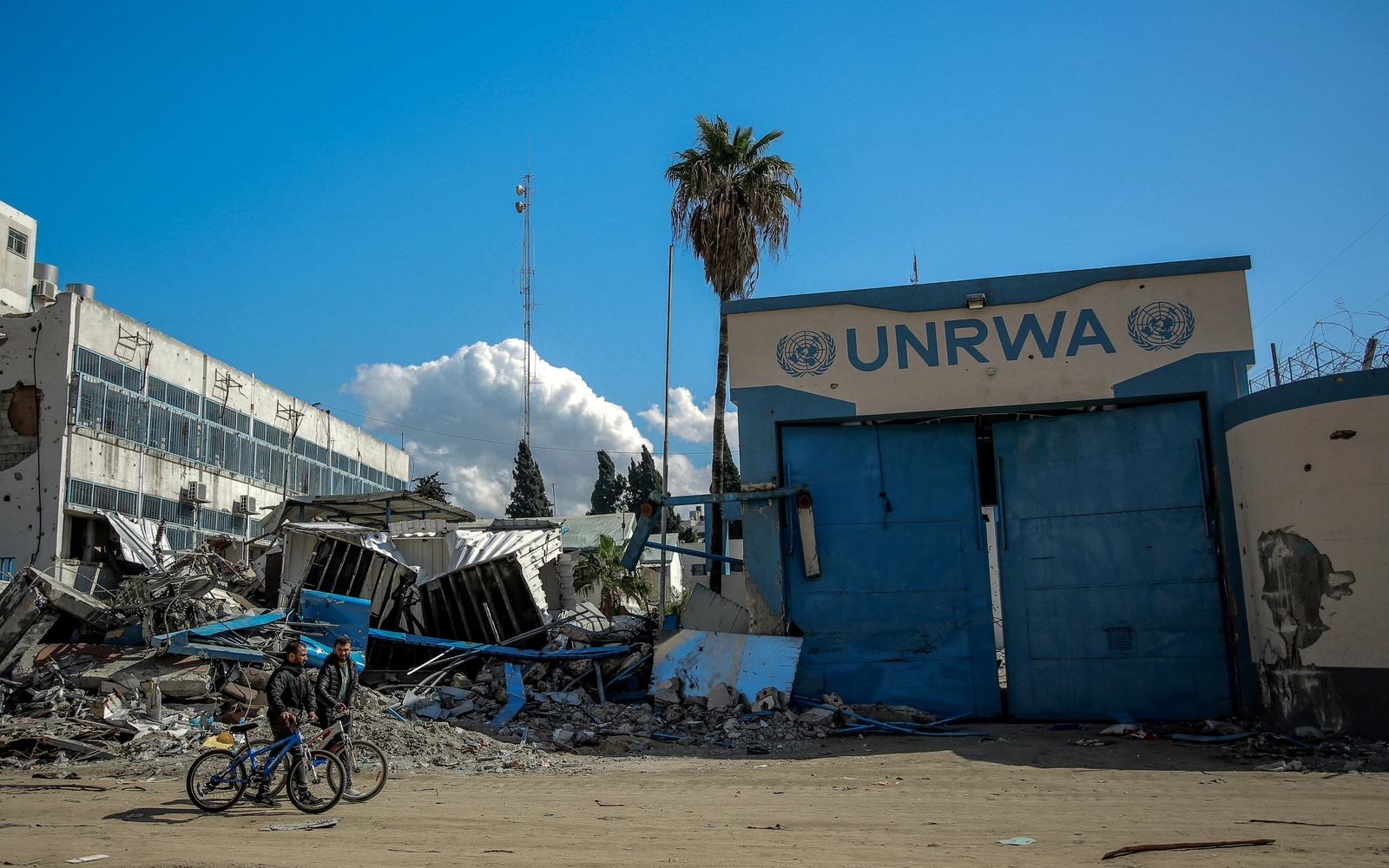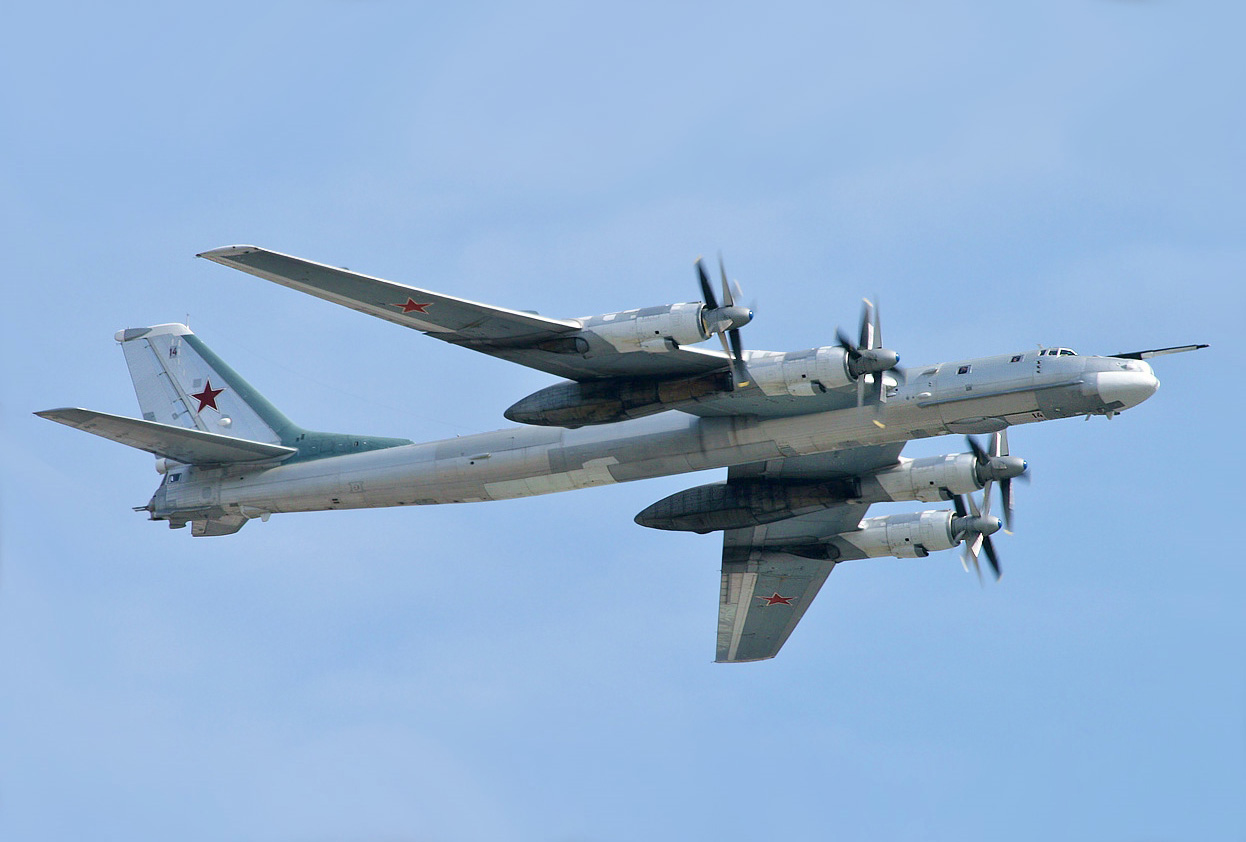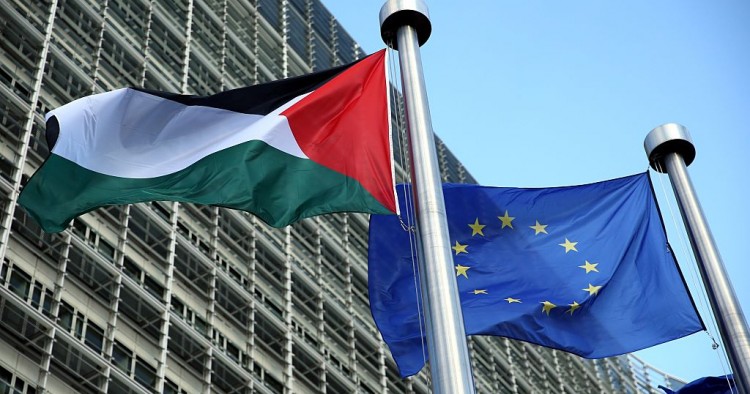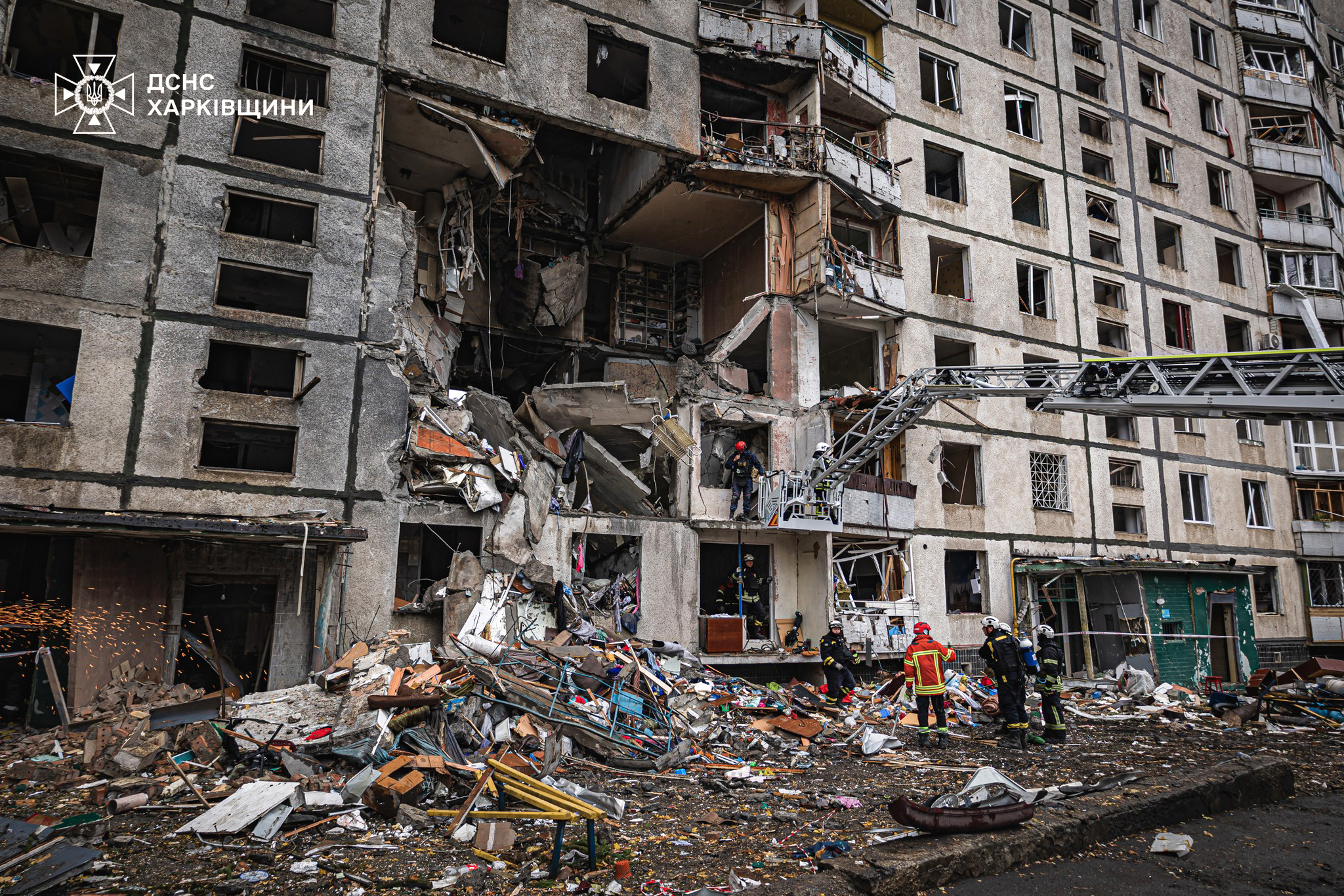The story of Ireland’s Great Hunger is often told with an air of distant tragedy, a famine that killed one million people and sent another million scattering across the world in search of survival. But famine is never just about nature. It is a weapon forged in policy, in cruelty, and in the quiet indifference of powerful nations. Today, the streets of Gaza echo with the same hunger, the same abandonment, and the same sense of betrayal that Ireland knew nearly two centuries ago.
The United Nations has warned that food stocks in Gaza have completely run out. Over 96% of Gaza’s population now faces acute food insecurity. Markets that once bustled are now bare. Food prices, where any food can be found, have soared beyond reach, rising by as much as 1,400% in just a few short weeks. Community kitchens, once the last thread tying many families to daily sustenance, have shuttered as supplies vanish. Yet the blockade continues, the world wavers, and children starve.
Ireland knows this story because it once lived it.
During the Great Hunger of 1845–1852, Irish fields rotted with blight, but across the country, livestock and grain were still shipped to Britain under armed guard. Food was there, but it was not for the Irish. The empire tightened its grip as famine swept the land, treating human lives as expendable under the weight of policy and profit. People begged for relief, but relief came too little, too late, always weighed against political convenience.
Today, Gaza is starved not by a failure of crops but by a blockade, a deliberate chokehold that has destroyed food systems, water supplies, and medical care. Crops and infrastructure have been bombed into rubble. Fishing boats, once a source of daily bread, are banned or attacked. Aid trucks are blocked or limited until the food rots at border crossings. Just as Ireland was not simply left to die, but pushed toward death by neglect and cruelty, so too is Gaza.
The echoes between Ireland’s history and Gaza’s present are not mere accidents. They are the echoes of colonization, occupation, and control, a system that starves not because it must, but because it can.
Yet solidarity has its own roots.
Ireland has been one of Gaza’s most vocal allies on the world stage. Irish voices, from musicians to government representatives, have repeatedly demanded a cease to the blockade and called attention to the looming famine. The memory of famine has shaped Irish consciousness deeply, not only as a tragedy to mourn, but as a warning to recognize the signs before it is too late.
And so Ireland cannot turn away. To do so would be to betray its own history.
The Great Hunger taught Ireland that starvation is not passive. It is engineered through political decisions, reinforced by apathy, and justified through the language of necessity and security. Today, the siege of Gaza is cloaked in the same justifications. Words like “security” and “military necessity” are hurled forward, but behind them lies the oldest weapon of all: the starving of a people into submission.
Ireland’s scars remind us that this kind of silence from the world is deadly.
As Gaza’s families boil weeds for soup, as mothers in Rafah ration pieces of bread between their children, as the specter of mass death looms, the question is not whether famine will strike. It already has. The question is whether the world, and particularly those who remember famine not as a history lesson but as an inherited grief, will rise to say: we remember, and we will not be silent.
Because when the world watched Ireland starve, millions died. When the world watches Gaza today, the choice remains.
The memory of hunger demands action.
Author
Discover more from The Crustian Daily
Subscribe to get the latest posts sent to your email.













